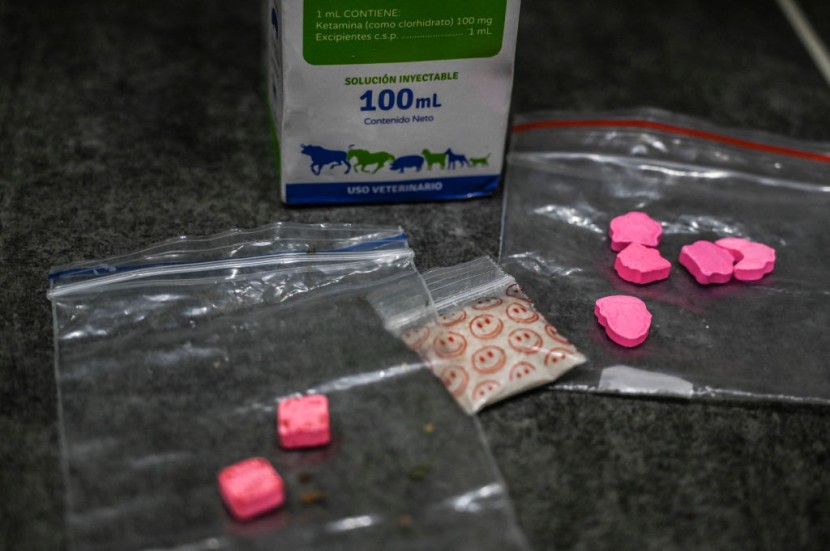As of right now, Australia is the only nation that permits psychiatrists to recommend specific psychedelic drugs to patients suffering from depression or post-traumatic stress disorder.
MDMA, popularly known as ecstasy, dosages can now be prescribed for PTSD by Australian doctors as of this Saturday. People who suffer from depression that is difficult to cure can be administered psilocybin, the hallucinogenic component of psychedelic mushrooms, according to the Associated Press.
The two medications were added to the nation's list of Therapeutic Goods Administration-approved medications.
Australian scientists were taken aback by the action, which was announced in February but went into force on July 1. According to one scientist, "at the forefront of research in this field."
The Effectiveness of Psychedelics
According to Chris Langmead, deputy director of the Monash Institute of Pharmaceutical Sciences' Neuromedicines Discovery Centre, there have been relatively few improvements in the last 50 years in the management of persistent mental health problems.
Two American states have passed laws permitting their use as a result of the rising cultural acceptance: Oregon was the first to legalize the use of psilocybin by adults, and Colorado voters decriminalized psilocybin in 2022.
Psilocybin was given the "breakthrough therapy" classification by the U.S. Food and Drug Administration in 2018, which is meant to expedite the development and review of medications to treat critical conditions.
The FDA posted a draft of its guidance late last month for researchers planning clinical studies evaluating psychedelic substances as potential treatments for a variety of medical ailments. Psychedelics researchers have benefited from federal money, including Johns Hopkins.
The FDA has not yet provided a definitive ruling, hence the American Psychiatric Association has not yet endorsed the use of psychedelics in treatment.
Further study is required to determine the effectiveness of the medications and the full extent of the hazards associated with psychedelics, which can result in hallucinations, according to medical authorities in the US and other countries, including Australia.
Psychedelics for Mental Health
Psychedelics are a class of drugs that can alter a person's perception, mood, and thoughts. They have been used for centuries for religious and spiritual purposes, but in recent years, there has been growing interest in their potential therapeutic benefits.
There is some evidence that psychedelics can be effective in treating a variety of mental health disorders, including depression, anxiety, post-traumatic stress disorder (PTSD), and addiction. For example, a study published in 2022 found that psilocybin, the active ingredient in magic mushrooms, was effective in treating treatment-resistant depression. The study participants showed a significant reduction in depressive symptoms after taking psilocybin, and the effects lasted for at least six months.

The mechanism by which psychedelics work is not fully understood, but it is thought that they may help to increase neuroplasticity, which is the brain's ability to change and adapt. This may allow the brain to form new neural pathways and connections, which can help to improve mood, reduce anxiety, and treat other mental health disorders.
Psychedelics are still being studied, and there is more research to be done to determine their long-term safety and efficacy. However, the early results are promising, and psychedelics may offer a new and effective treatment option for people with mental health disorders.
It is important to note that psychedelics are not a cure-all for mental health disorders. They should only be used under the supervision of a qualified mental health professional, and they should not be used as a substitute for traditional therapy.
Related article: Addiction: Australians Take More Illicit Drugs, British More Prone to Alcohol Disorders, Claims New Report








